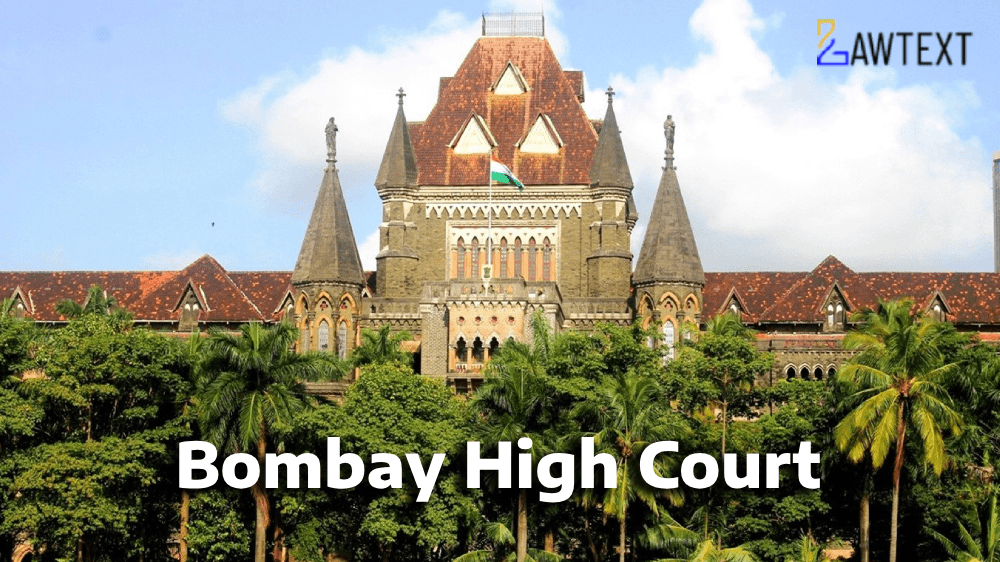CASE NOTE & SUMMARY
The Bombay High Court upheld the judgments of both the Trial and District Courts, ruling that the first wife of the deceased Gangadhar Hiremath was entitled to receive the family pension. The second wife’s claim based on nomination by the deceased was rejected, as the second marriage occurred during the subsistence of the first marriage, rendering it void. The Court emphasized the legal standing of the first wife under the Indian Succession Act, 1925, and relevant pension rules, dismissing the second wife’s application for equal apportionment of the family pension.
1. Case Introduction and Background:
- Applicant: Jayashree Gangadhar Hiremath (second wife).
- Respondent: Nirmala Gangadhar Hiremath (first wife).
- The case pertains to succession rights over the family pension of the deceased Gangadhar Hiremath, who was married to both women, first legally to Nirmala and subsequently to Jayashree.
2. Trial Court Proceedings:
- Nirmala filed for a succession certificate under Section 372 of the Indian Succession Act, 1925. The Trial Court granted the certificate, recognizing her as the sole legal heir entitled to family pension.
- Jayashree’s appeal was dismissed by the District Court, confirming the decision of the Trial Court.
3. Legal Challenge by Jayashree:
- Jayashree challenged the concurrent orders, claiming rights over the pension based on her nomination by the deceased and their 25-year cohabitation.
- She argued that her nomination gave her the right to pensionary benefits and raised concerns about the misinterpretation of evidence related to the first marriage.
4. First Marriage and Maintenance:
- Nirmala and Gangadhar were married in 1983 and had a son together, Subodh.
- Despite separation, Gangadhar continued to pay Nirmala and their son monthly maintenance until his death.
5. Second Marriage and Nomination:
- Gangadhar married Jayashree in 1989 without divorcing Nirmala.
- He nominated Jayashree to receive his terminal benefits and family pension.
6. Court's Reasoning:
- The Court ruled that since the first marriage was legally subsisting and no divorce had taken place, the second marriage was void.
- The nomination of the second wife, Jayashree, did not grant her any legal entitlement to pension benefits under the law.
7. Judgments Upheld:
- Both the Trial Court and the District Court judgments were upheld.
- The Court affirmed that Nirmala, as the first wife, is the legal heir entitled to the pension.
8. Legal Provisions Discussed:
- Indian Succession Act, 1925, Section 372: Governs the procedure for obtaining a succession certificate.
- Maharashtra Civil Services (Pension) Rules: These rules were also discussed, particularly in the context of nomination and eligibility for family pension.
- The Court referenced case law from the Supreme Court to distinguish between nomination and actual legal heirship.
Ratio Decidendi:
The decision rests on the fact that a nomination, while granting rights to receive terminal benefits, does not confer legal heirship. Since the second marriage took place while the first wife was still legally married to Gangadhar, the second marriage was void, making the first wife the only legal heir entitled to family pension.
Acts and Sections Discussed:
- Indian Succession Act, 1925, Section 372
- Maharashtra Civil Services (Pension) Rules, Rule 116
- Hindu Marriage Act, 1955
Subjects:
Civil Revision Application – Succession Rights – Family Pension – Legal Heirship.
#SuccessionRights #FamilyPension #IndianSuccessionAct #CivilRevision #BombayHighCourt #LegalHeir #NominationDispute #HinduMarriageAct
Citation: 2024 LawText (BOM) (10) 32
Case Number: CIVIL REVISION APPLICATION NO. 326 OF 2023
Date of Decision: 2024-10-03
Case Title: Jayashree Gangadhar Hiremath Versus Nirmala Gangadhar Hiremath
Before Judge: MILIND N. JADHAV, J.
Advocate(s): Mr. Pradeep Salgar a/w Mr. Aditya A. Joshi for Applicant Ms. Shilpa Pawar for Respondent
Appellant: Jayashree Gangadhar Hiremath
Respondent: Nirmala Gangadhar Hiremath

